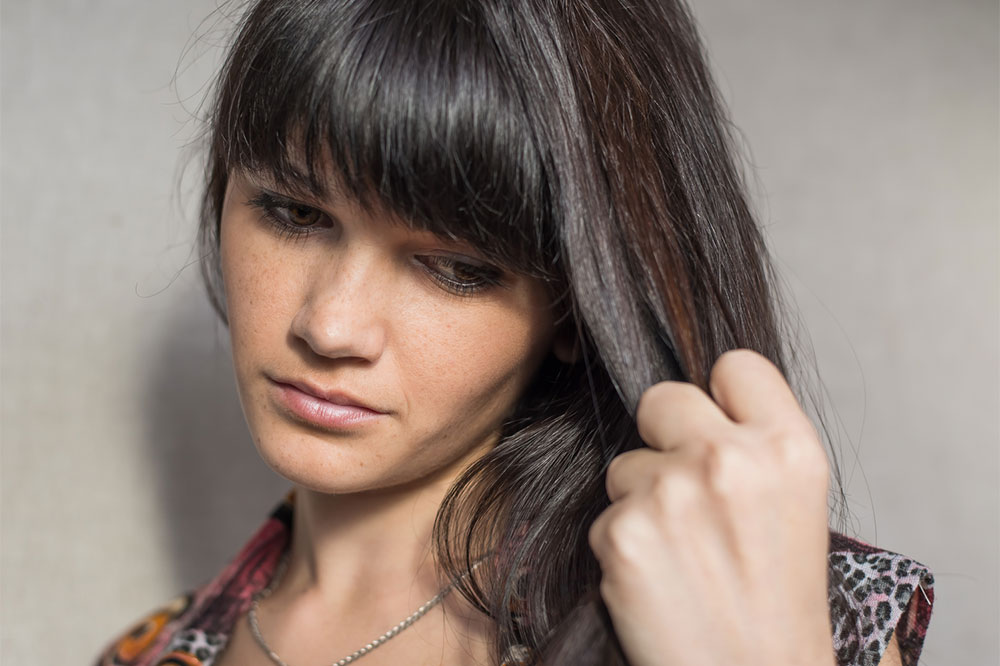
Effective Treatments for Menopausal Hair Loss
Various bodily changes happen during menopause. The fluctuating hormone levels can cause many problematic symptoms, including hair thinning. The article lists the treatments for thinning hair for women in menopause.
Hair loss and menopause
Menopause is a natural process affecting women in their 40s. Menopause causes hormonal changes and hormones like estrogen and progesterone are depleted. This can affect hair growth. At the same time, it may increase androgen levels, which can shrink the hair follicles, causing thinning of hair and hair loss.
Apart from hormonal imbalance, stress and improper nutrition can also cause hair thinning. Thankfully, there are various treatments for thinning hair for women in menopause that can help in reducing hair loss.
1. Nutrition is the key
Improper nutrition can affect hair growth and hair strength. Consuming a low fat diet with fatty acids and other nutrients can help nourish the hair and strengthen it. The diet should include fruits, vegetables, and whole grains. Olive oil and sesame oil are recommended for use in the diet.
Essential fatty acids are helpful for the hair. They are found in fatty fish like salmon, tuna, and mackerel. They are also found in almonds, flaxseed, and walnuts. Biotin and Niacin are vitamin B supplements that can be taken along with zinc to help in hair growth.
2. Medication for improvement
Medications may be needed where hair fall is excessive. These may be available as topical creams or gels to be applied on the affected area. They take a long time to work. Oral medications may be needed and would be decided by the doctor. These can cause side effects and must be taken with caution.
3. Medication can be the problem
Medications that you are taking for other health problems may be responsible for hair thinning and hair loss. You can talk to your doctor and discuss if you may need to change any medications to solve this problem.
4. Reduce stress levels
Stress can be a serious problem and can cause hair fall. It is important to remain stress-free. Avoiding stressful situations is important to prevent getting stressed. Meditation and practicing deep breathing exercises can be very helpful in reducing stress levels.
Exercise can be helpful in reducing stress as it helps to elevate the mood. Physical activity is important not just to reduce stress but also to be healthy and maintain hormone balance.
5. Be hydrated
Your body needs to be well hydrated with sufficient water. This helps to improve your overall health and can help in avoiding dehydration that can affect hair follicles. Drink at least eight glasses of water a day. Apart from water fluids like fresh juices and green tea can also be consumed. Avoid sugary drinks.
6. Consider HRT
For extreme cases of hair thinning and hair fall, HRT or hormonal replacement therapy may be an option. Your doctor may recommend this therapy to improve hormone levels and reduce hair loss.
The article presented the various treatments for thinning hair for women during menopause. If you are facing this problem, you can meet a doctor today to find out which treatment is suitable for you.


